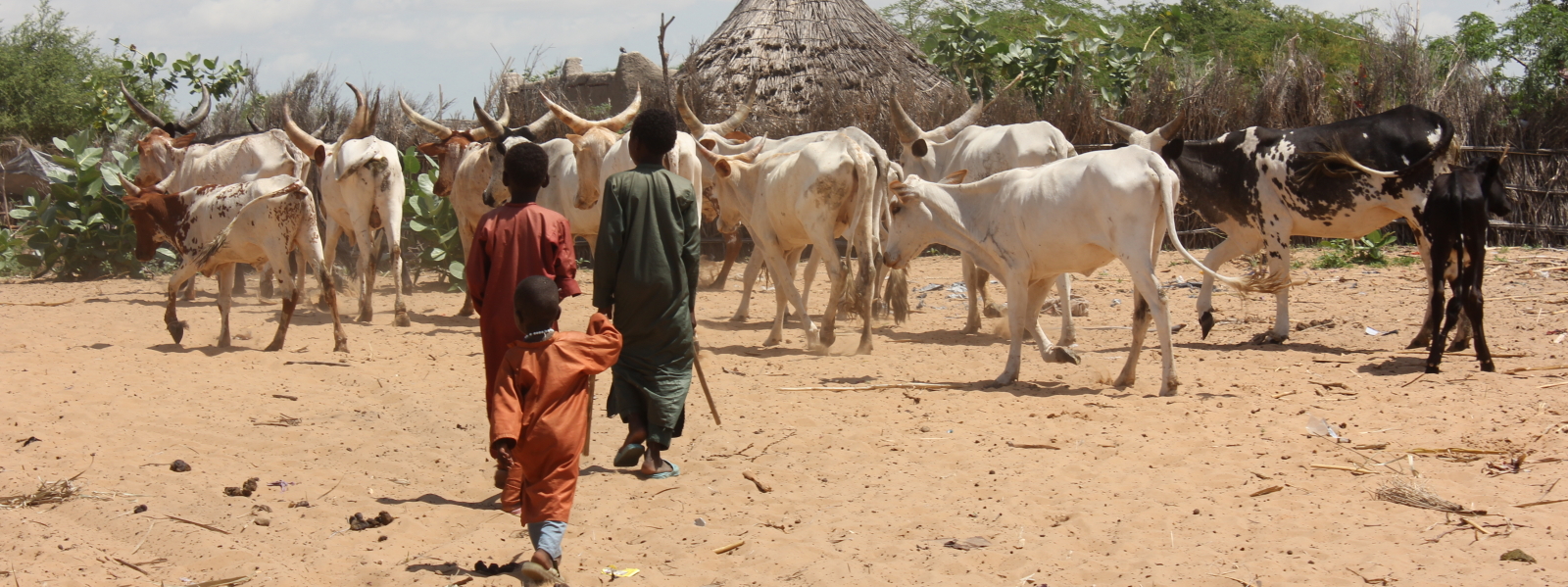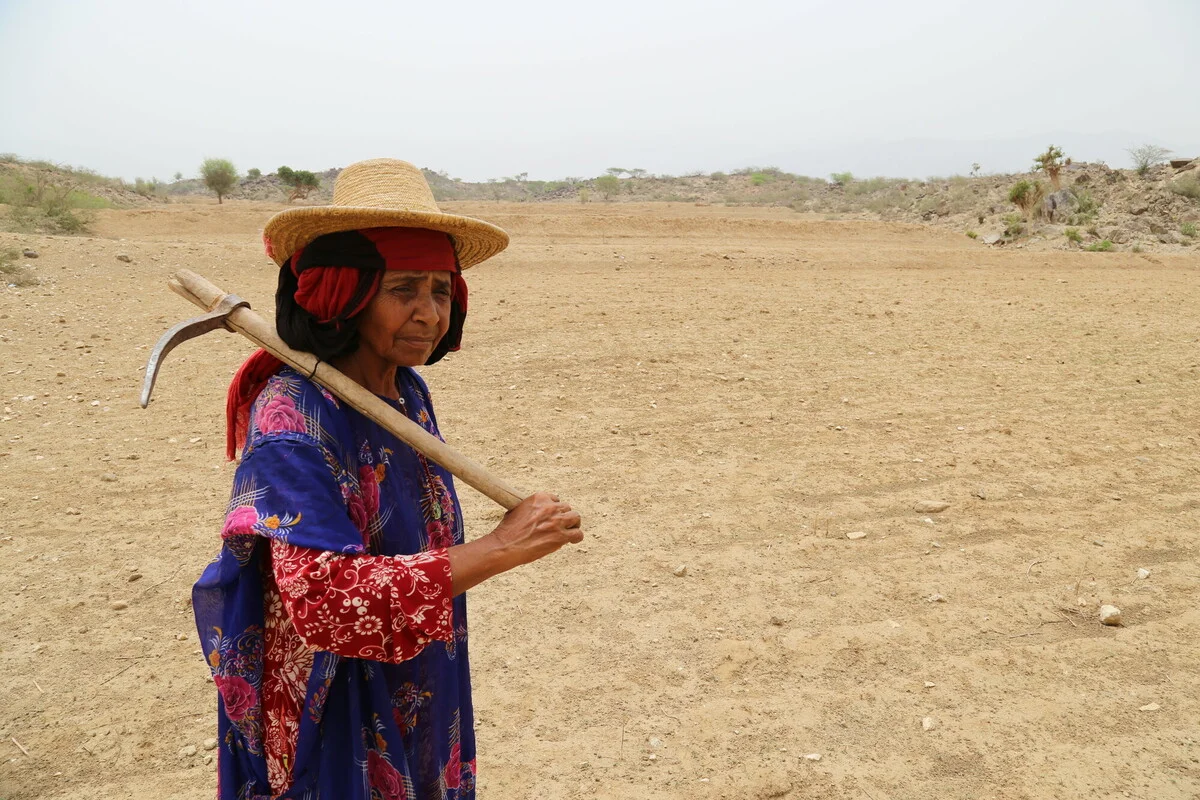Oxfam’s third video in our ‘Faces of Climate Change’ video series is a story from closer to home. It’s the story of Henry Jones, a fisherman from Clayton, at the bottom end of the Murray Darling Basin in South Australia. Like Ursula and Martina before him, Henry wonders what kind of world will our actions today leave for future generations? Watch Henry’s story.
Henry has a long history with Clayton, South Australia – he and his wife were the first residents there. Over the past few decades they have watched the town grow up around them, but at the same time they have witnessed the effects as the river mouth has gradually dried up.
For Henry – a fourth generation commercial fisherman – this has affected his business. The same place where he had fishing nets in Lake Alexandrina four years ago is now dry and all across the lake water levels have dropped. A lack of water means that nutrients and salts have built up and now the highly valued native fish are much harder to come by, Henry says “they’re not in the area anymore, not because of us, but because of the condition of the water.”
Henry says that over extraction of water, during the worst drought he has seen, is the cause of the problem. For many years he has called on governments to “buy water and put it back in the environment… we’ve got to get the river flowing again. If the river doesn’t flow, it will die.”
Henry’s been raising alarm bells about this issue since 1981. Today, as the government continues community consultation around the recently released Murray Darling Basin Plan Henry is busy making trips to Canberra to speak to politicians of all stripes calling on them to take this opportunity to restore the Murray Darling back to health.
While solid rainfall in September of this year brought some relief to the area, Henry and the communities of the Murray know that the river and its wetlands need more than one decent drink every 20 years to survive.
As Henry’s story shows us the reasons to act on climate change are numerous – for the viability of our farming communities and to ensure Australia can grow enough food to feed our population; to ensure business, like the tourism industry, who rely upon the land don’t suffer; to protect the very ecosystems we all rely upon, and to ensure we leave a healthy planet for future generations.
It’s rather ironic, that although Australia is one of the most vulnerable countries in the world to the impacts of climate change, that we have been so slow to take action. As Ross Garnaut, the eminent Australian climate change economist has said “of all developed countries, Australia probably has the most to lose from inaction and the most to gain from global mitigation.”
Around the world countries are investing in renewable energy technologies, are committing to reduce their emissions and take steps to protect forests and valuable ecosystems. By dragging our feet, Australia risks being left behind, damaging not only our environment but future economic competiveness.
Henry Jones wants to pass something on to his grandchildren and future generations.
Shouldn’t this also be Australia’s goal?
What you can do:
- Watch: Henry’s story
- Do: our climate change action poll
- Act: become a UN Climate Tracker, and influence the international climate negotiations in Cancun


